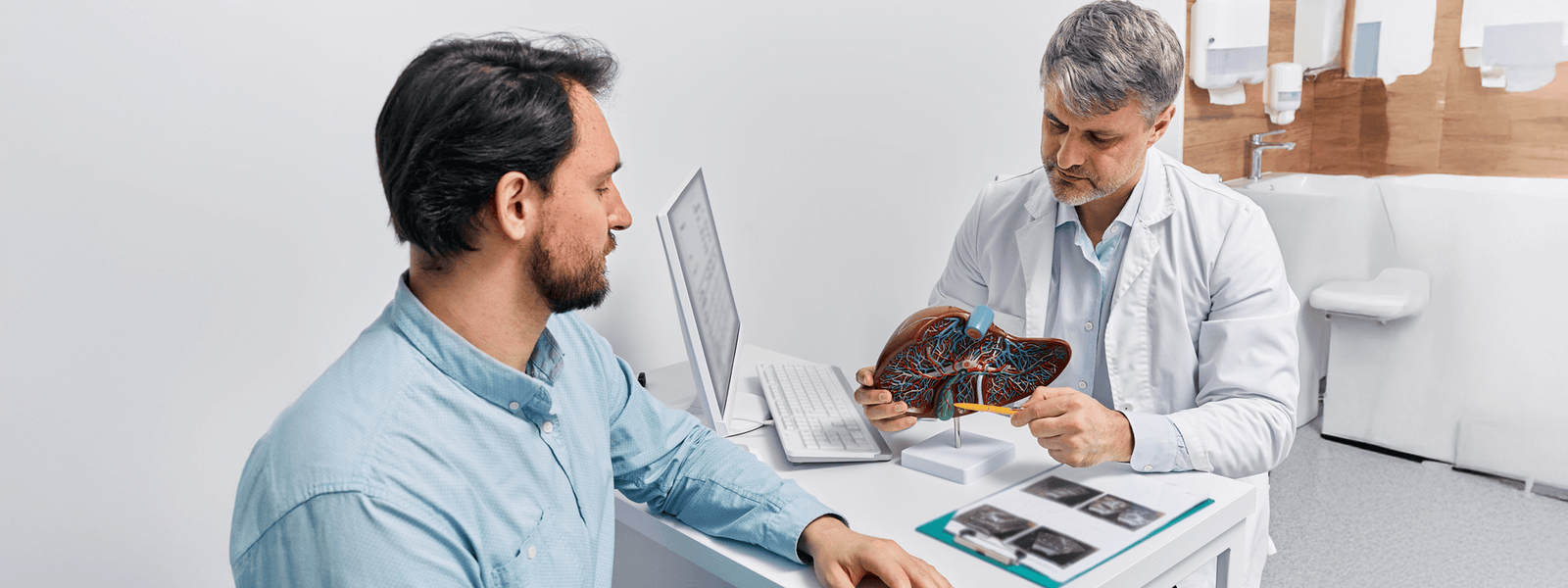It is estimated that about 20-25% of couples are infertile or sub-fertile, while roughly 30% of men are sub-fertile and at least 2% of men are totally infertile. In fact, approximately 50% of couples are experiencing problems with conception.
There seems to be growing evidence suggesting that both male and female fertility is dropping at an alarming rate. The cause - modern lifestyle and diet.
What you put into your body drastically affects the way it functions and performs. Sperm and egg cells are just as vulnerable as other cells in the body, and they can become damaged or even destroyed by several lifestyle factors.
To improve your chances of conceiving, let's look at a few lifestyle habits that could be harming your fertility:
- Stress and Depression: A Danish study found that women were less likely to conceive during months when they reported psychological distress. It's believed that stress may interfere with your body's endocrine system, affecting the consistency of the menstrual cycle.
- Smoking: As if there was any doubt about the health risks of smoking, the chemicals and toxins in cigarettes not only damage a woman's eggs but also cause the premature aging of the ovaries. Smoking also affects male fertility, causing deformed, weak, and immobile sperm cells.
- Too Much / Too Little Weight: Excess body fat can lead to many different types of degenerative diseases, not to mention an overproduction of certain hormones that disrupt ovulation. Women who are too thin also struggle with ovulation as their bodies produce less of the necessary hormones needed to initiate ovulation each month. Moderate exercise, when combined with a balanced and nutritious diet, exercise can help you to maintain a healthy body weight.
- Alcohol: Drinking any alcohol can reduce your fertility by half. One study showed that women who drank less than 5 glasses of wine a week were twice as likely to get pregnant within six months compared with those who drank more. Men are also at risk of impaired fertility as a result of drinking alcohol. Alcohol decreases sperm count and increases the chance of impaired sperm. Alcohol also seems to prevent the body from absorbing zinc… one of the most important nutrients as far as male fertility is concerned.
- Caffeine: Drinking as little as one cup of coffee per day can halve your chances of conceiving. A study has shown that sperm problems increase with the number of cups of coffee consumed each day. Remember, caffeine is not limited to just coffee, it's also present in colas, chocolate, and some types of tea.
Okay, now that you know which lifestyle factors to avoid, let's look at ways to naturally boost your fertility. Having an optimal amount of the right nutrients is very important for not just good health but also for improved fertility. Nutritional supplements like our Total Balance may be necessary because although you may think you follow the best diet in the world, there's a good possibility that you're not getting all the ingredients and nutrients your body needs. For improved fertility, you need to ensure you're getting the following nutrients and herbs daily… all are present in our Total Balance range, as well as our Hormone Support For Her and Testosterone Support products:
Folic Acid & All of the B Vitamins: Folic acid works to ensure that your baby's genetic codes are intact once you conceive. However, it's not enough to take folic acid alone when you are trying to become pregnant. All of the B vitamins are essential during the pre-conceptual period. Research has shown that giving B6 to women who have trouble conceiving increases fertility and vitamin B12 has been found to improve low sperm counts.
Zinc: Zinc is necessary for your body to utilize the reproductive hormones, estrogen and progesterone effectively. It's also needed to make the outer layer and tail of the sperm, meaning a zinc deficiency will result in a reduced sperm count. Different forms of zinc have different metabolic pathways. This is why in the Men's version of Total Balance we use two forms of zinc to ensure optimal benefit.
Selenium: Since selenium is an antioxidant, it helps protect sperm from free radicals… maximizing sperm formation.
Vitamin E: Like selenium, vitamin E is a powerful antioxidant that helps to protect the sperm and ensure they become more fertile.
Vitamin C: Again, another antioxidant in the form of vitamin C… enhances sperm quality, protecting sperm and the DNA within it from damage. It's also been suggested that vitamin C appears to keep the sperm from clumping together, making them more motile instead of being stuck together.
L-Arginine and L-Carnitine: These amino acids can help increase both sperm count and quality. In fact, the head of the sperm contains a large amount of L-Arginine.
Damiana: A herbal extract containing trace amounts of beta-sitosterol which stimulates the secretion of reproductive hormones.
Dong Quai and Red Clover: Two herbal extracts that are renowned for their beneficial properties for the female reproductive system… supporting hormone function and increasing fertility as a result.
It's important to remember that although Total Balance, Testosterone Support, and Hormone Support For Her may help improve your fertility by supporting the health of your reproductive system and general health, it's always recommended to stop taking most supplements as soon as you know you are pregnant. Getting professional medical advice from your GP or doctor is the best practice once you're pregnant, ensuring that he/she has given you permission to take supplements.
However, there is one product you can take while trying to conceive as well as throughout and after your pregnancy, and that's our Omega 3 / DHA Fish Oil. In addition to having a profound DHA in our fish oil can really benefit pregnant and nursing mums as well as their babies.
References:
- www.gettingpregnant.co.uk/fertilitytips.html
- www.marilynglenville.com/infertility.htm
- www.epigee.org/guide/infert.html
- www.yourdiscovery.com/homeandhealth/article.jsp?section_id=5&theme_id=9&subtheme_id=48&article_ id=405&site=uk
- www.parents.com/pregnancy/getting-pregnant/fertility/ways-to-boost-your-fertility/


 Supplements
Supplements Superfoods
Superfoods Bundles
Bundles





















